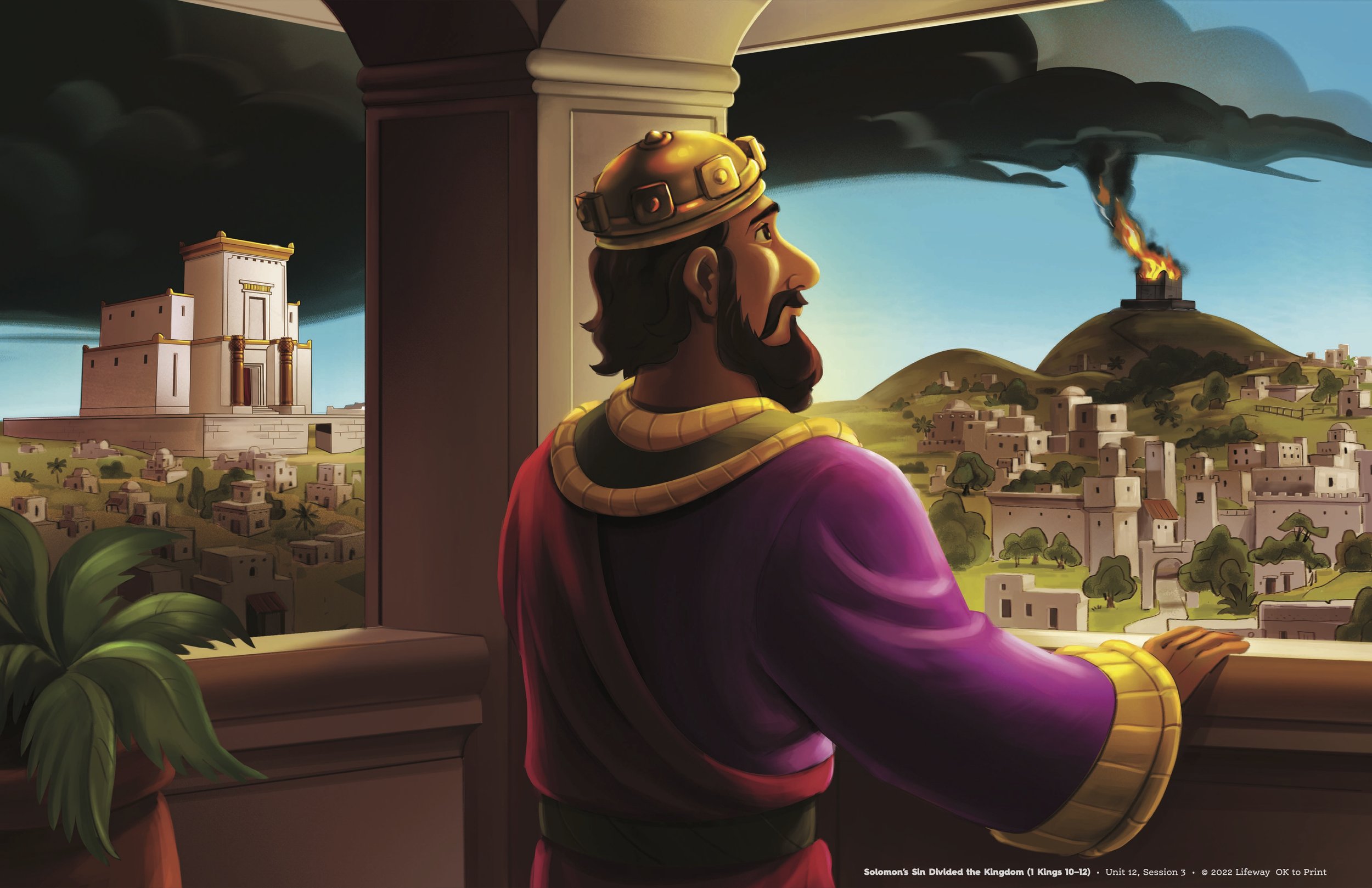Dear families,
Even a dim light is visible in the darkness. There’s no denying that the world today can be described as a dark place where sin is endorsed and idolized, mistreatment of others for any reason may be viewed as a necessary part of life, and some of the most egregious dismissals of God’s standards are championed in many pockets of culture and have taken root at younger and younger ages.
But darkness isn’t new. In fact, the Bible reminds us that darkness has been a reality since the fall of man. And though the darkness often seems the darkest in our current reality, history tends to repeat itself.
First Kings 16 is one of many places in the Bible where the depth of darkness in the world is painted vividly: leaders who sought their own satisfaction at the expense of others, people who sought power and were willing to kill to gain it, pleasure and fulfillment as justifiable reasons for any decision. These were only some of the markers of the culture of the day.
But, as God often does, He enabled and equipped a voice of light to pierce the darkness. Elijah, a prophet sent from God to speak truth, lived with boldness in the midst of a desperate and depraved generation.
In the past, God communicated through the prophets. He sent fire from heaven and multiplied flour and oil. Today, He commissions His people to proclaim His message in the midst of a dark world.
This is actually part of our purpose in the world: to make visible the power of God, to be a light in the darkness, to shine bright—breaking through the sickness of sin so prominently on display in our culture and offering the hope of a God who never sleeps or slumbers and always finds a way to make Himself known.
It’s easy to grow weary when looking at our world, but take heart, for Christ has overcome the world and given us the ministry of making Him known. In the midst of the darkness, let your light shine before others, so that they may see your good works and give glory to God.
Check out The Gospel Project At Home for resources designed to help you lead a family worship experience as well as suggestions for morning and evening prayer times and family activities.
FAMILY TALKING POINTS
CHRIST CONNECTION
This is the big idea of how this week’s Bible story points to Jesus.
Babies & Toddlers: God showed His love for us by sending His Son, Jesus.
Younger Preschool: We do not have to work hard to show God we love Him. Instead, God showed His love for us by sending His Son, Jesus, to be the Savior of the world.
Older Preschool: The one true God is not like false gods. We do not have to work hard to show God we love Him. Instead, God showed His love for us by sending His Son, Jesus, to be the Savior of the world.
Kids: The one true God is not like the false gods. We do not have to work hard to show God we love Him. Instead, He showed His love for us by sending His Son, Jesus. Jesus died to rescue us from sin, and He hears us when we cry out to Him.
BIG PICTURE QUESTION & ANSWER
This is an important biblical truth that your child will encounter each week of this unit.
Younger Preschool: What is idolatry? Idolatry is loving something else more than God.
Older Preschool: What is idolatry? Idolatry is loving something else more than God.
Kids: What is idolatry? Idolatry is a sin of the heart in which we love and value something else above God.
KEY PASSAGE
This is a Bible verse that relates to what your child will encounter each week of this unit.
Babies & Toddlers: Love the Lord your God. Deuteronomy 6:5
Younger Preschool: Love the Lord your God. Deuteronomy 6:5
Older Preschool: “Love the LORD your God with all your heart, with all your soul, and with all your strength.” Deuteronomy 6:5
Kids: “Listen, Israel: The LORD our God, the LORD is one. Love the LORD your God with all your heart, with all your soul, and with all your strength.” Deuteronomy 6:4-5
** Next week: Elisha Served as a Prophet (2 Kings 2)



